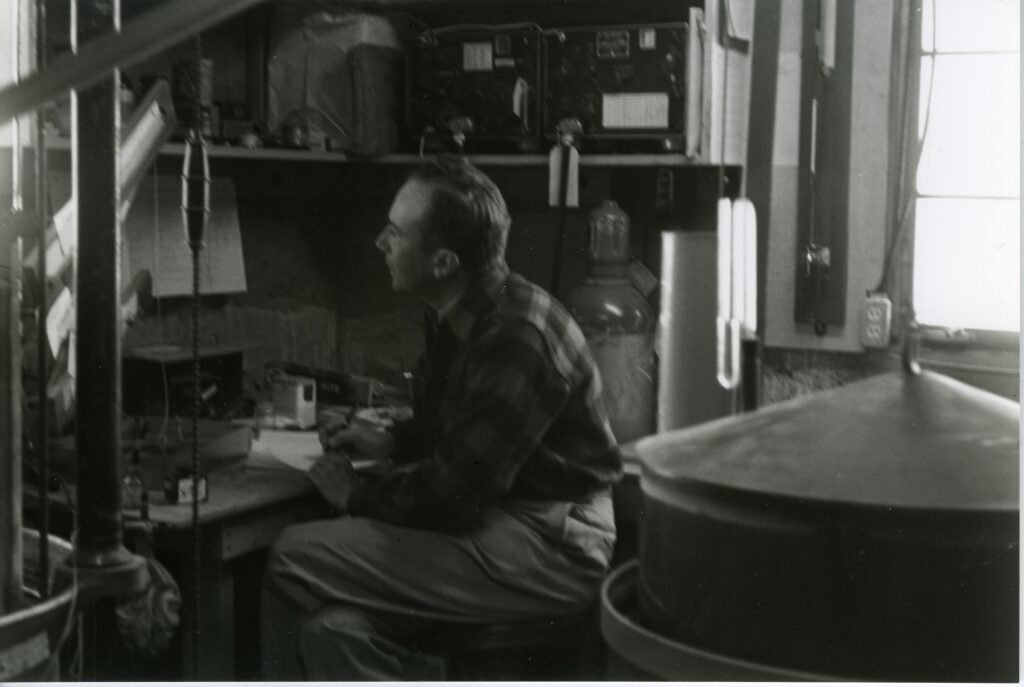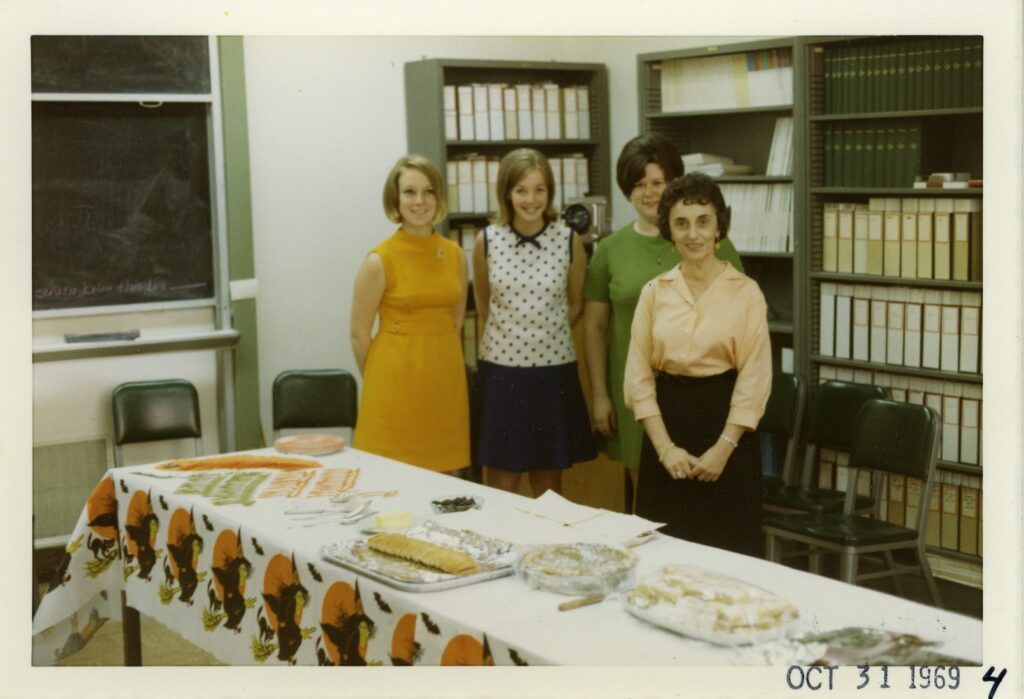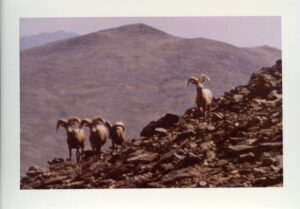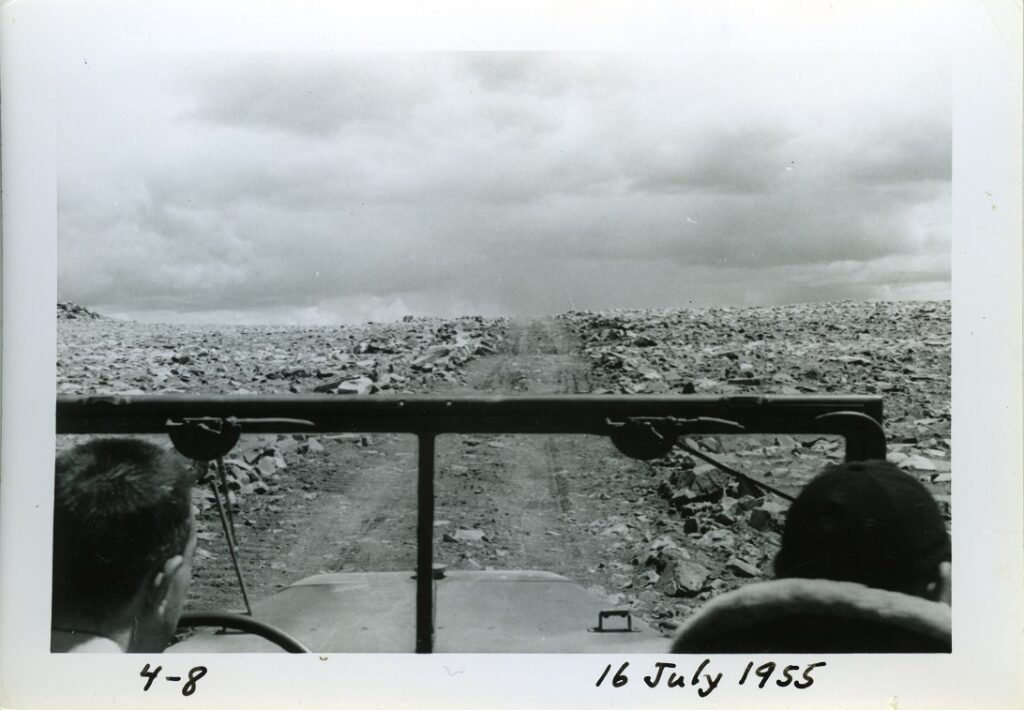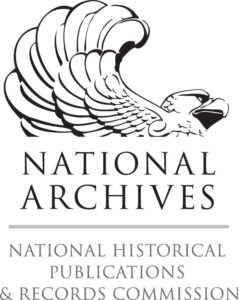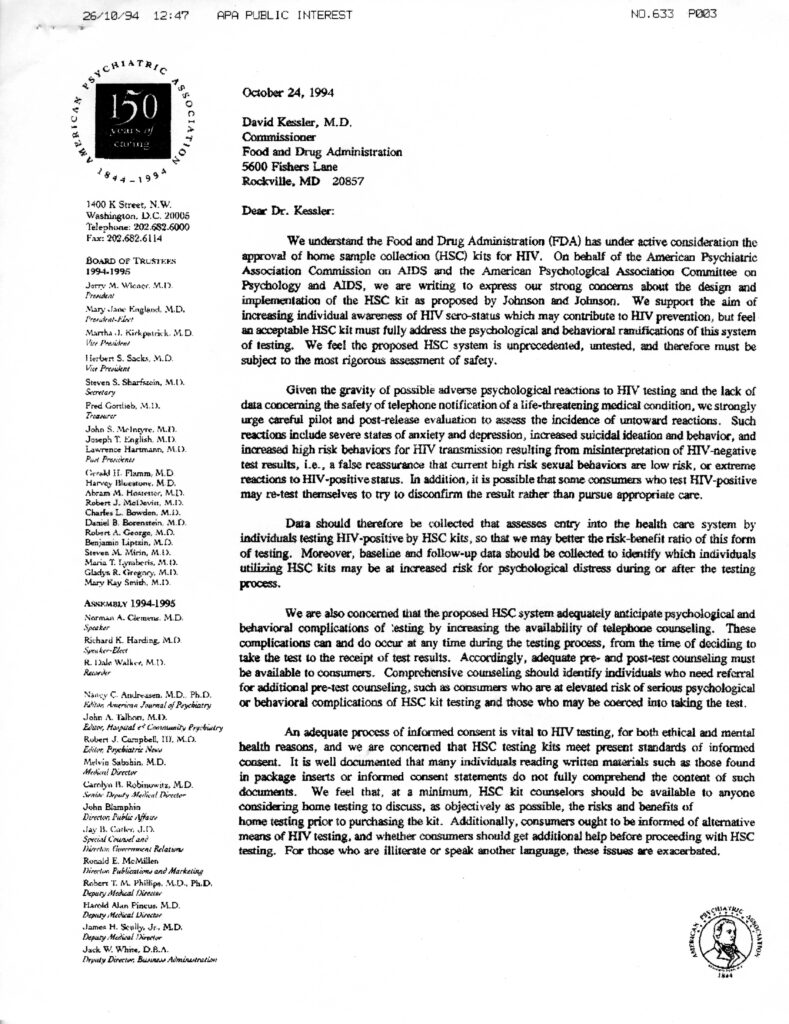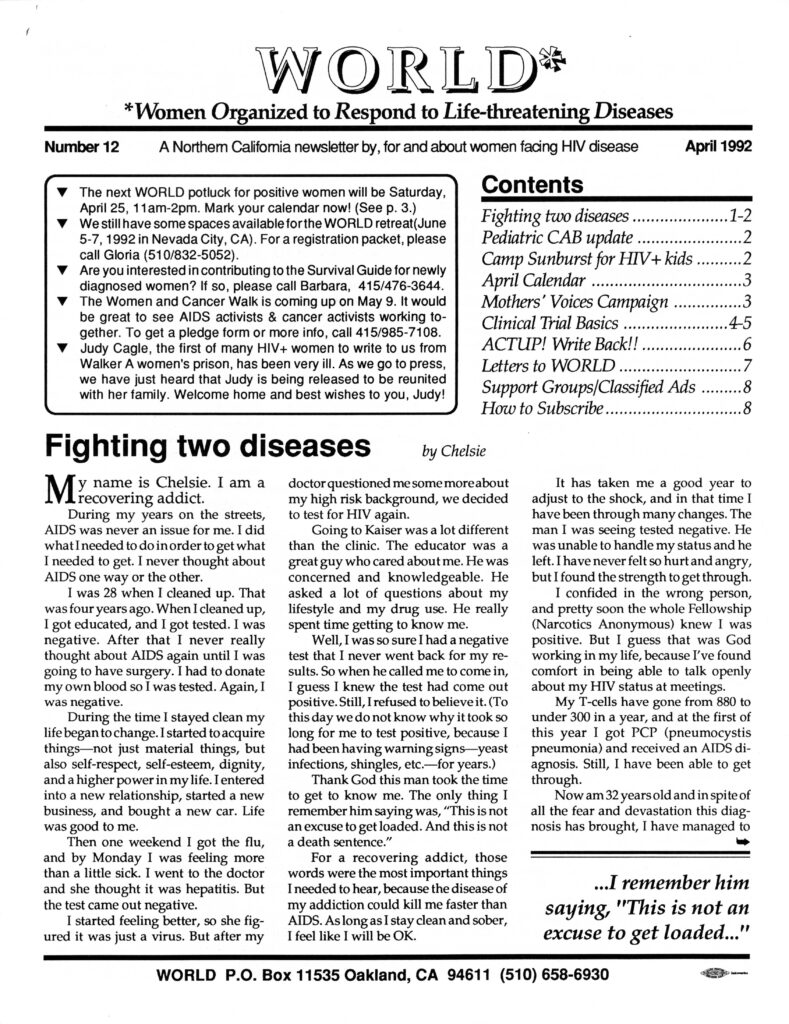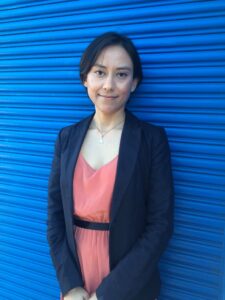This is a guest post by Lynda Letona, Archives Assistant, regarding her project to process additions to the Ralph H. Kellogg papers.
Dr. Ralph H. Kellogg wore many hats: awarded professor, scientist, writer, and even archivist/photographer. Born on June 7, 1920 in Connecticut, his work carried him across the United States and abroad, from Latin America to the United Kingdom.
Kellogg was recruited by the University of California from Harvard University, where he had served as Teaching Fellow and Instructor from 1946-1953. He joined the University of California School of Medicine in 1953 and spent the rest of his career with UCSF (with a brief sabbatical appointment as Visiting Fellow in Oxford University’s Laboratory of Physiology from 1970 -1971). Starting out as a renal physiologist, Kellogg shifted his research interests to respiratory physiology and began conducting work at White Mountain in California to investigate high-altitude physiology. Among his works is a 28-page examination of altitude sickness and a 64-page history of the regulation of breathing from ancient times to the end of World War II. The Ralph H. Kellogg papers include a White Mountain series devoted to research and laboratory material, photographs, and publications.
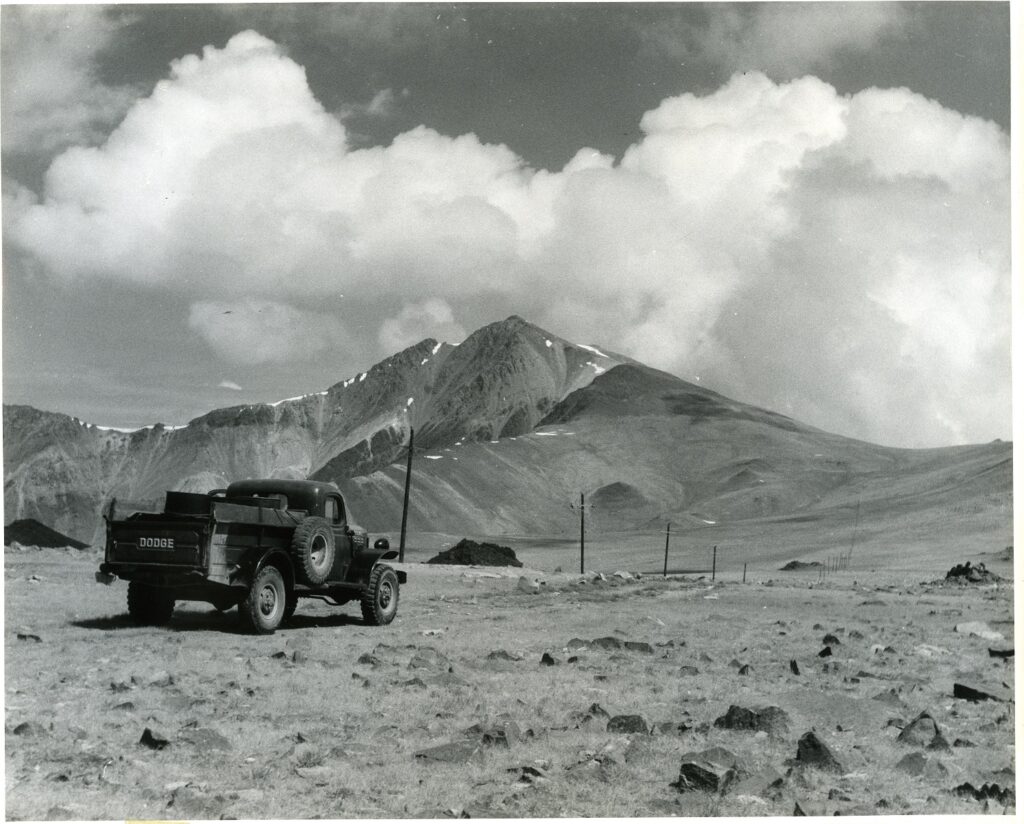
White Mountain, 5 miles north of Barcroft Laboratory, seen from the unpaved road along the intervening 13,000 ft. plateau, 1958. MSS 90-38, carton 25, folder 5.
Dr. Kellogg’s papers evidence a strong record of university service and camaraderie. Working through his papers, I’ve come across numerous thank you letters addressed to him in his correspondence and folders of committee work, including one labeled “Committee on Committees”!
I’ve also arranged his carefully labeled photograph collection, a remarkable testament to his ability to appreciate people and acknowledge their contributions.
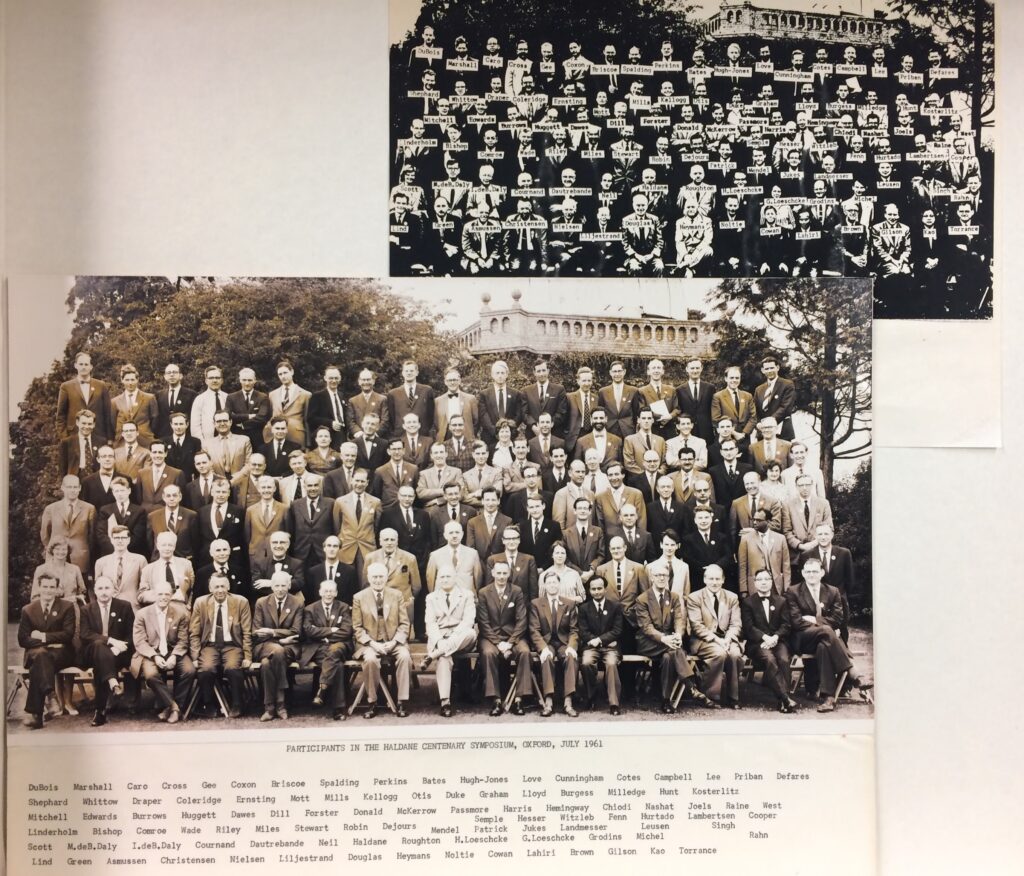
Dr. Kellogg’s detailed notes regarding participants in the Haldane Centenary Symposium, Oxford, July 1961. MSS 90-38, box 5.
I’ve found processing Dr. Kellogg’s papers inspiring. His work, ranging from offering editorial feedback to colleagues in the field to gathering historical research on leading figures in physiology to gazing at animals on a mountain top and riding in the back of a Jeep near Barcroft Lab at 13,000 feet, illustrates a fulfilled life dedicated to research and service.

